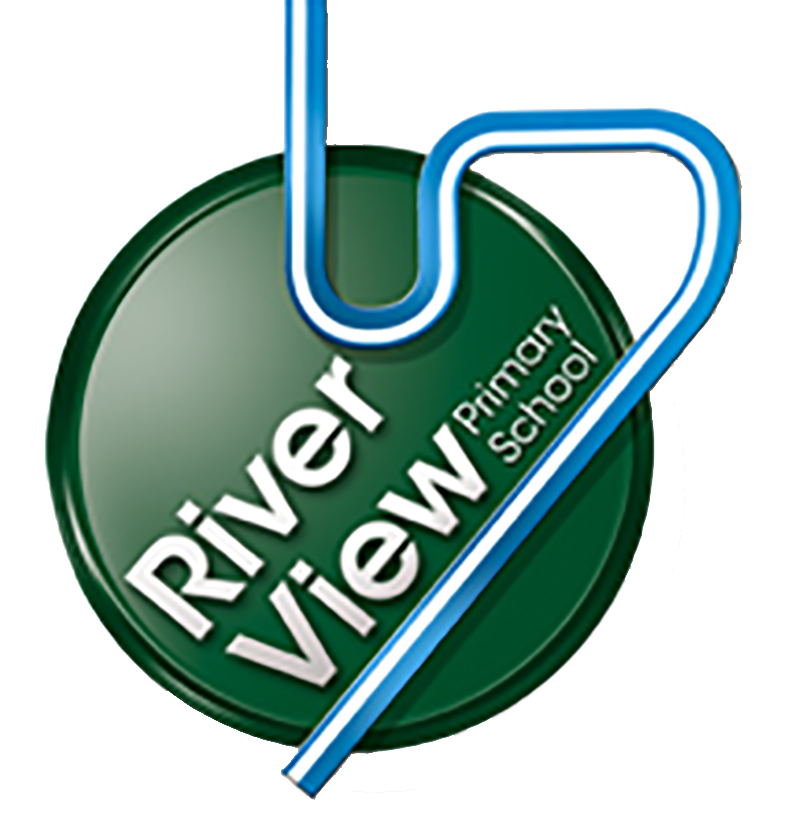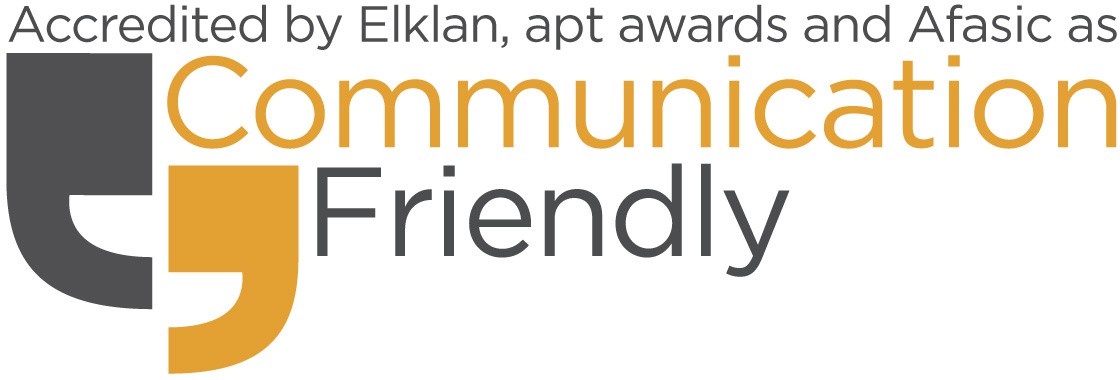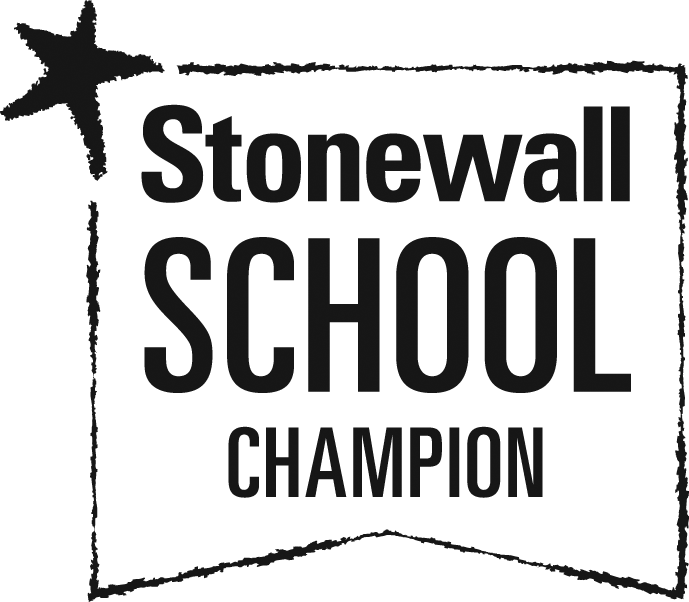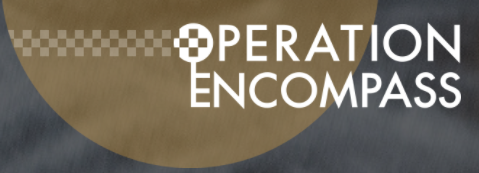Catch-Up Funding
The catch-up funding was used by school to prioritise key children for extra lessons. These were often in areas where children had missed foundation learning due to the impact of Covid-19. A good example of this is in early reading. When children have not had the specialist teaching of phonics in a highly structured school setting, they fail to crack the phonic code. This then slows their learning in other subjects. School provided children with extra phonics lessons to allow children to catch up. In the autumn term of 2021 only 69% of year 2 children had mastered their phonics. By using the catch-up funding, this was increased to 84% by the end of the year.
The recovery premium helped school to pay for specific areas that had been impacted by Covid-19. A good example of this was swimming. During the Covid-19 pandemic, children could not learn to swim. Before the pandemic, around 70% of children passed their swimming requirements but this fell to 37% in the summer of 2021. School used the recovery premium to pay for extra swimming lessons, for the non-swimmers, in the summer term. This brought our figures back to the pre pandemic level with 69% passing their swimming requirements.
Many children were slower to develop their language and communication skills during the pandemic due top a restriction in social contact during their formative years. The recovery premium was used to pay for additional speech therapy. The speech therapist supports mainly in the early years department by screening children, providing individualised programmes and upskilling the staff.





